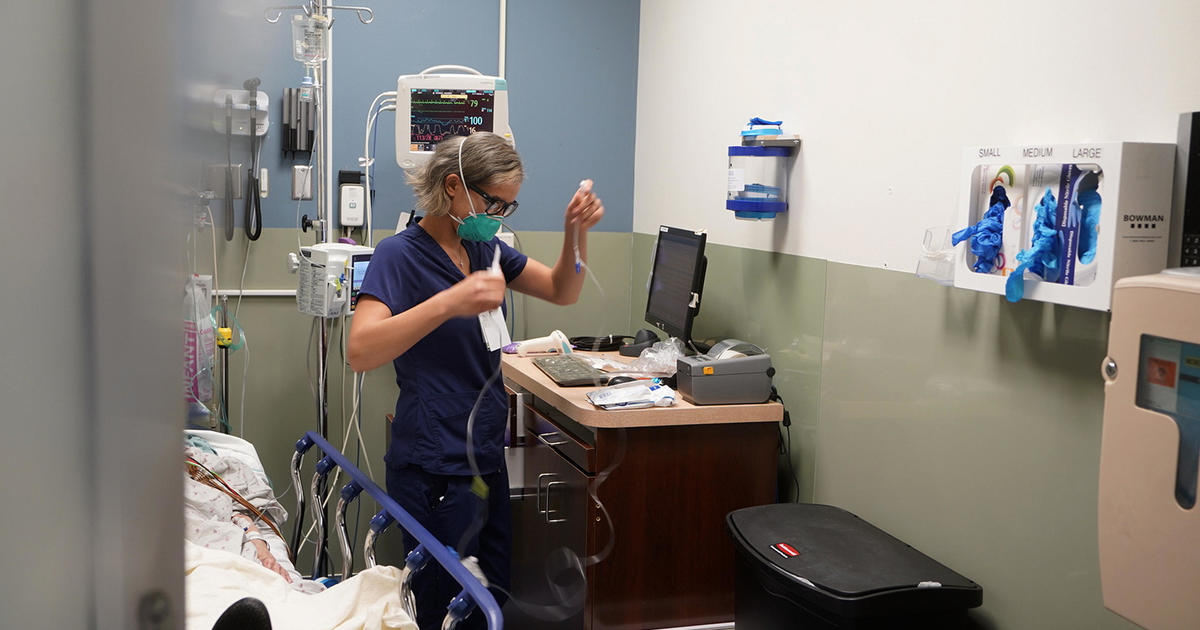Death Of Trans-Pacific Partnership Means Uncertainty For California Farmers
Follow CBS13 on Facebook | Instagram
SACRAMENTO (CBS13) — Local farmers hoping for increased access to international markets are reacting to President Donald Trump's decision to withdraw from the Trans-Pacific Partnership.
Michael Rue is a Sacramento Valley rice farmer with four decades in the business. He is the owner of Rue and Forsman Ranch.
"I started farming rice in 1974," Rue said.
Exports now make up a crucial part of his rice farm's bottom line, especially rice sold to japan.
"Its very very important," Rue said. "It represents between 20 and 25 percent of our production in a normal year."
The Sacramento Valley is home to 97 percent of California's rice production, and a full quarter of it is exported to Japan, bought by the Japanese government.
Only the California Rice Commission did not support the now terminated Trans-Pacific Partnership. The commission took no position on the deal, which they say continued to ban the sale of rice directly to Japanese consumers.
"The news today, there is one hopeful item from it," California Rice Commission spokesperson Jim Morris said. "There was talk of potentially bilateral agreements that could be discussed in the future."
The American Farm Bureau Federation backed the TPP, citing statistics that showed when fully implemented the it would have led California rice growers to $24 million more in net exports a year, vegetable growers to $157 million in exports a year, and fruit and nut growers to an increase of $500 million in net exports a year.
They are proposed numbers to a trade deal that's now dead.
"We'll have to see how this goes," Rue said. "Hopefully the administration is going to be aggressive and we look forward to that."
For now, California's rice farmers will have to live with export uncertainty.



